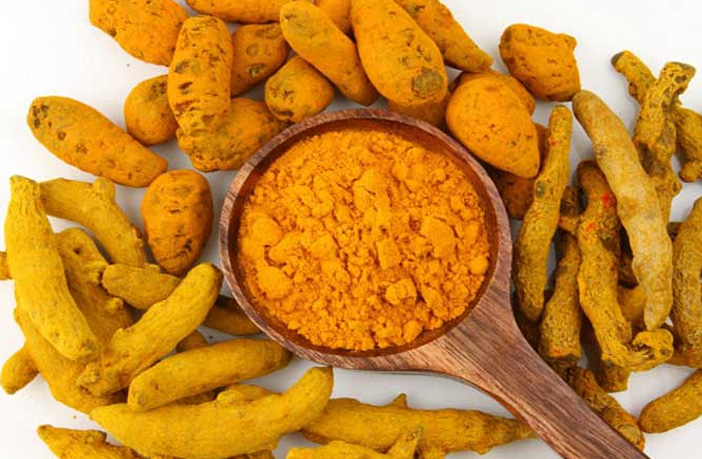Ways to Use Turmeric to Reduce Inflammation
Turmeric is most known for its use in Asian cooking but as it contains the active ingredient Curcumin, it is great for battling and reducing inflammation. Curcumin is an antioxidant that has anti-inflammatory properties which make it perfect for people to consume when they suffer from arthritis or muscle sprains.
Turmeric has also been suggested to protect against liver disease, reduce the symptoms of irritable bowel syndrome as well as other digestive conditions and may even slow the growth of cancer.
How to Consume More Turmeric
Even though it is commonly used in Asian cooking such as curries, it is also used to treat inflammation. By simply adding more turmeric into your recipes when you cook your meals, you will dramatically increase your intake of turmeric, but in addition to this, there are other ways you can make sure you are boosting your intake.
Turmeric Tea
Drinking turmeric tea is a great way to boost your intake and it could not be simpler to make. Simply boil 4 cups of water and add 1 teaspoon of ground turmeric, then simmer for 10 minutes and strain directly into a cup. You may also add honey or lemon to taste and adding ginger will also add further anti-inflammatory benefits.
Turmeric Paste
Another great way is to make your own turmeric paste to then apply directly onto the skin. Simply mix turmeric powder with either warm water, warm milk or sesame oil until it turns to a paste. By applying the paste directly onto the skin, it could help reduce signs of inflammation as well as the swelling.
Please note: never apply the paste over broken skin as it may increase your risk and chances of infections.
Supplements
If you find it difficult adding turmeric into your cooking or do not like the taste, then supplements are a great way for you to boost your intake. It is recommended that you take around 400-1,000 milligrammes of turmeric a day if you suffer from joint inflammation.
Before You Start
While turmeric is safe to consume in safe amounts, it may pose a risk to consume in larger doses in people who have certain medical conditions or take certain medications. Before adding turmeric into your diet, you may wish to speak with your physician.
Health Benefits of Turmeric
In addition to helping to reduce inflammation, there is a range of other health benefits that come from consuming turmeric and adding it into your diet. Even if you do not suffer from inflammation it can either help to prevent it or offer you a range of other benefits.
Turmeric has been used for its health benefits for thousands of years and is the most widely researched and used Ayurvedic spice in the world and this is for good reason. Turmeric has been used for a variety of health conditions and ailments for centuries.
Digestive Problems
Turmeric helps to release and relieve you of many digestive problems such as gas and bloating. Because turmeric has anti-inflammatory properties, it works at soothing the digestive tract.
As mentioned above, turmeric is great for treating irritable bowel syndrome and other conditions such as leaky gut. In addition, it is great for helping sluggish digestion by promoting the release of bile from your gallbladder and liver which will help with the digestion of fats.
Liver Support
As turmeric contains antioxidant properties it helps your liver function by removing any harmful carcinogens as well as helping the liver process wastes better.
Heart and Blood
Turmeric is great for providing heart support because it can normalise your cholesterol levels. It works at normalising these levels by preventing oxidation which is known for creating damage to the blood vessels.
There are also research studies that suggest turmeric is good for increasing blood circulation, blood clotting as well as high blood pressure. Turmeric is also great for decreasing bleeding in addition to inflammation and infection which is why it is used for ulcers.
Turmeric is also able to promote the formation of new blood cells and strengthening them because turmeric regulates the growth of blood vessels.
Immune System
Lastly, turmeric is great for helping your immune system as it helps maintain a healthy intestinal flora which supports a strong immune system. Turmeric can boost your immunity which is why it is commonly used to fight against colds, flu, bronchitis, sore throat and digestive upset. The antioxidants which are found in turmeric can almost cut the length of a cold in half.





